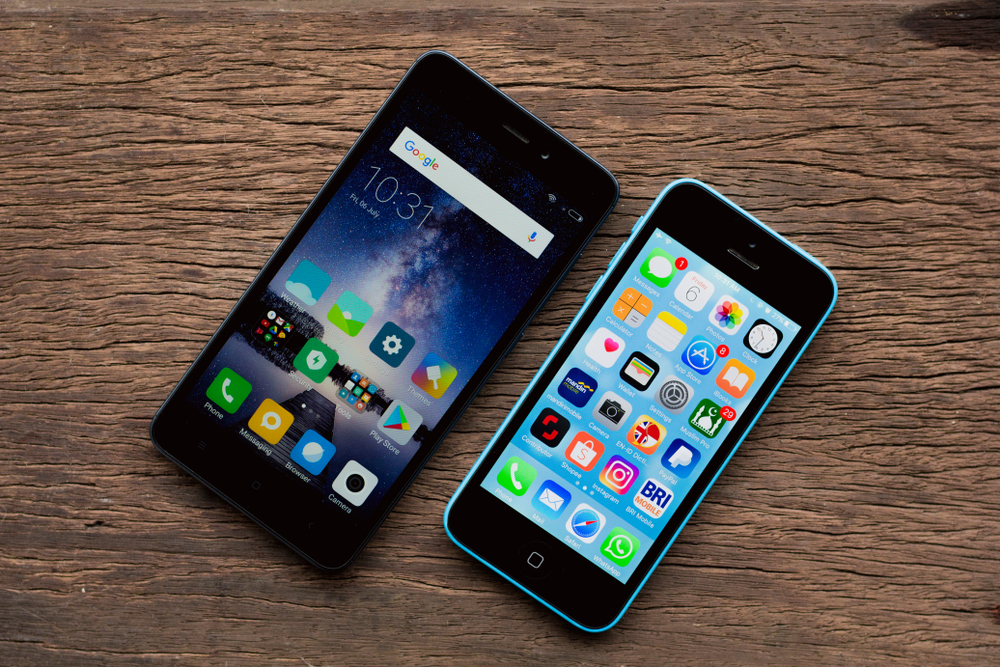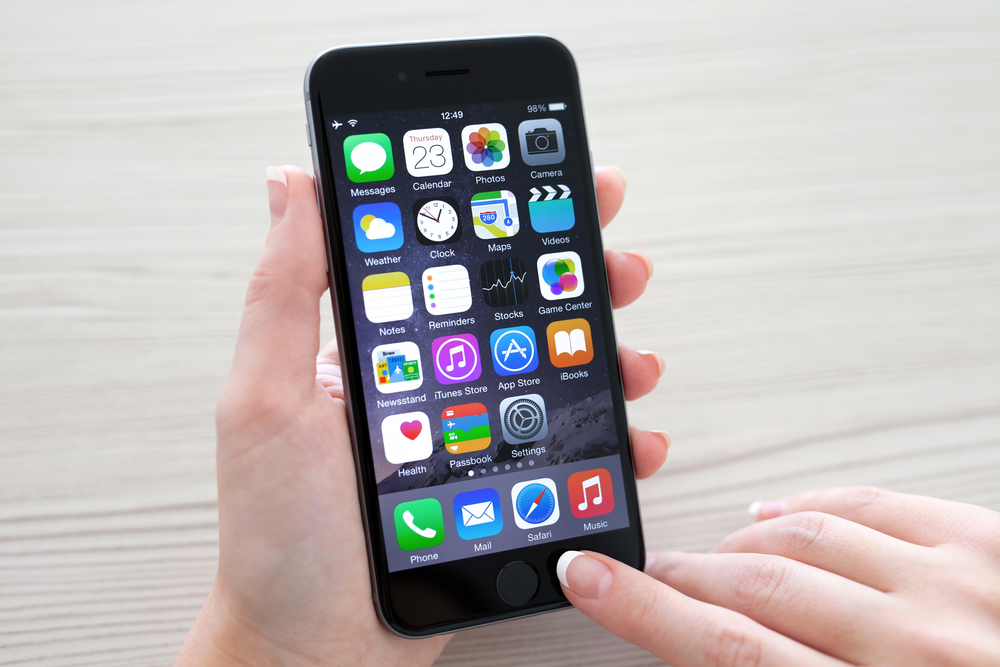
Mastering Mobile App Marketing: Proven Tips and Tricks for Successful Promotion

Mastering Mobile App Marketing: Proven Tips and Tricks for Successful Promotion
The mobile app market is booming, with millions of apps available for download across various platforms. To make your app stand out from the competition, it is crucial to have a solid mobile iOS or Android app marketing strategy. Implementing the right techniques can significantly increase your app's visibility, downloads, and user engagement. In this article, we will explore proven tips and tricks that will help you master mobile App Store or Google Play app marketing.
1. Define Your Target Audience
Before diving into marketing your mobile Android or iOS app , it is essential to clearly define your target audience. Understanding their interests, behaviors, and preferences will allow you to tailor your marketing efforts effectively. Conduct market research to identify the demographics and psychographics of your target users. This will help you create a compelling value proposition that resonates with them.
2. Optimize Your App Store Listing
The app store listing is the first impression potential users have of your mobile Google Play or App Store app . It needs to be visually appealing, informative, and optimized for search. Use relevant keywords in your app's title, description, and tags to improve its discoverability. Include captivating screenshots and videos that showcase the app's features and benefits. Encourage positive reviews and ratings from satisfied users, as they can influence others to download and try your app.
3. Leverage App Store Optimization (ASO)
App Store Optimization (ASO) is the process of optimizing your app's visibility within the app stores' search results. Similar to search engine optimization (SEO), ASO involves keyword research, on-page optimization, and off-page factors. Utilize tools and analytics to analyze keyword performance and competitor rankings. Continuously refine your app's metadata, including the app's title, description, and subtitle, based on performance data and user feedback.
4. Implement Social Media Marketing
Social media platforms provide immense opportunities to showcase your mobile app, engage with users, and build a community around your brand. Identify the platforms where your target audience is most active and create compelling content to grab their attention. Share informative and visually appealing posts about your app's features, updates, and success stories. Encourage users to share their experiences and engage with them through contests, giveaways, and interactive campaigns.
5. Influencer Collaboration
Collaborating with influencers can help create buzz around your mobile app and reach a wider audience. Identify influencers in your app's niche who have a significant following and engage with your target audience. Reach out to them and propose collaborations such as app reviews, sponsored content, or giveaways. Influencers can provide honest and authentic reviews, which can boost credibility and trust in your app.
6. Implement App Install Campaigns
App install campaigns are a cost-effective way to acquire new users and increase app downloads. Advertising networks such as Google Ads and social media platforms offer app install campaigns that allow you to target specific demographics, interests, and behaviors. Create visually appealing ad creatives and compelling ad copy that clearly communicate the value proposition of your app. Monitor campaign performance and optimize based on data to achieve the best results.
Frequently Asked Questions
1. How can I identify my target audience?
To identify your target audience, conduct market research to gather data on demographics, interests, and behaviors. Utilize tools like Google Analytics, social media insights, and surveys to gain insights into your existing user base. Analyze competitor apps to understand their audience and identify gaps you can fill.
2. How important is app store optimization for mobile app marketing?
App Store Optimization (ASO) is crucial for mobile app marketing as it directly impacts your app's discoverability within the app stores. By optimizing your app's metadata, including keywords, title, and description, you can improve its visibility in search results, leading to increased downloads and user acquisition.
3. Which social media platforms should I focus on for mobile app marketing?
Focus on social media platforms where your target audience is most active. Popular platforms like Facebook, Instagram, Twitter, and LinkedIn are usually effective for app marketing. However, depending on your app's nature and target audience, platforms like TikTok, Snapchat, or Pinterest may be more suitable.
4. How do influencers help in mobile app marketing?
Influencers can help in mobile app marketing by promoting your app to their followers who align with your target audience. Their authentic reviews and recommendations can generate interest and trust, driving app downloads and engagement. Influencer collaborations can significantly amplify your app's reach and visibility.
5. How can I measure the success of my mobile app marketing efforts?
To measure the success of your mobile app marketing efforts, track key performance indicators (KPIs) such as app downloads, user retention, engagement metrics, and revenue generated through in-app purchases. Utilize mobile app analytics tools like Google Analytics for Firebase or Flurry Analytics to gain insights into user behavior and app performance. Continuously monitor and analyze these metrics to optimize your marketing strategies.
Mastering mobile app marketing requires a comprehensive understanding of your target audience, effective app store optimization, strategic use of social media marketing, influencer collaborations, and data-driven advertising campaigns. By implementing the proven tips and tricks outlined in this article, you can boost your app's visibility, downloads, and overall success in the ever-growing mobile app market.
Other useful resources
- https://www.appguru24.com/services/app-developer/